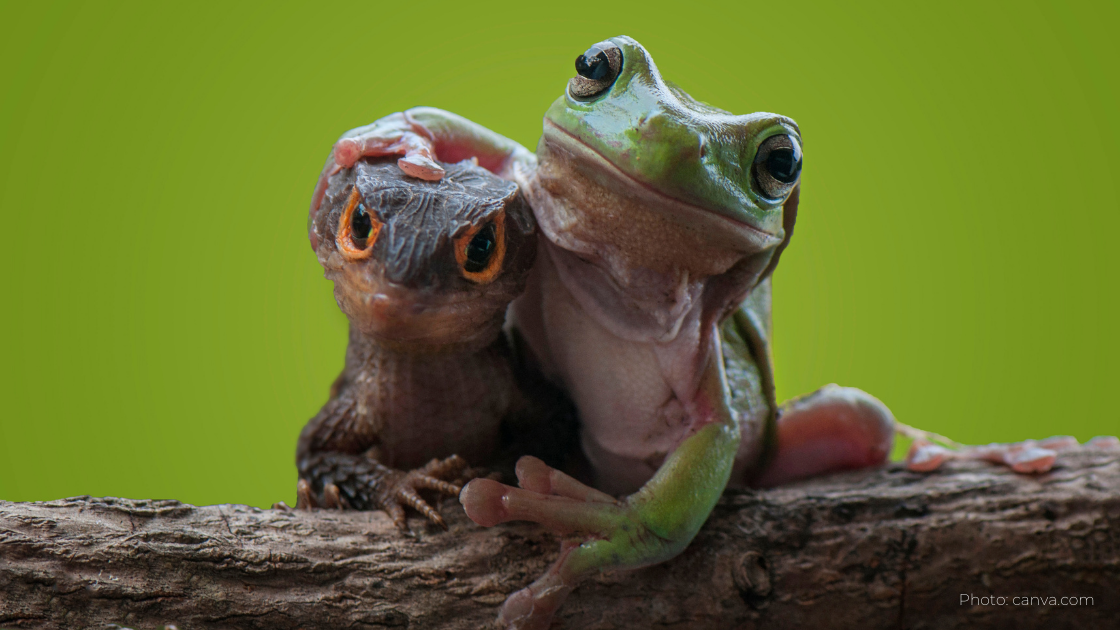Relationships make up our world. They are the foundation to a healthy, joyful life AND they invoke our biggest challenges and emotional upheavals. They can be positive and uplifting or they can feel like you’re walking on eggshells, drained, that you’re enough.
Most of us fumble through relationships in childhood and adolescence. Adult relationships often feel more mature yet, potentially, less honest. We can still feel left out, excluded, unheard, and uncared for as well as deeply seen and supported. In the realm of relationships we all want a few foundational things:
- to be seen and heard;
- to be loved and accepted;
- to feel connected to others in community, and
- to be included
If those aspects are met, we can feel incredible. When they’re not, we’re left feeling variations of sadness and disconnection. Staying connected is an important ingredient to a fulfilled life.
We build relationships through commonality, our workplace, being in similar places in our lives, shared worldviews, and complimentary hobbies or interests. When we have these in combination, the magic of friendship happens. It’s fluid and easy. It’s the honeymoon stage of friendship making.
Eventually life happens and our circumstances change — we evolve, life events happen, and we find ourselves making decisions as to whether we’re able to put the same energy into the friendship. It’s a pivot point when we find ourselves having to decide whether we’re willing to put the energy into building a long-term connection or whether we should allow it to dissipate naturally.
Conversations rarely happen at this stage; normally, it is a personal decision. The amazing thing is, with an intimate partner, we wouldn’t move in different directions without conversation. So why do we do that with friendships?
Why, in friendship, are we less willing to have honest conversations? I think it’s that honesty and difficult conversations makes us uncomfortable, and we don’t like things that make us uncomfortable. It’s also because we’re scared of not being liked. What if we spoke truth to a friend and they decided to break-up with us? All we think of is how painful that would be.
This is unfortunate because if we’re willing to get uncomfortable and messy, gorgeous relationships can bloom and foster deeper connections. Every relationship of mine that’s incredibly important is because I’ve made the commitment to myself to speak up, even when it’s hard, and most of the time it’s hard.
The things that tend to create divisiveness in relationships are either one or more of these aspects:
- a) Inauthenticity b) boundary issues c) communication (or lack thereof).
Inauthenticity isn’t simply not being yourself; it’s a gradient of how you’re not representing yourself with honesty in relationships. Authenticity is about speaking your truth, being upfront about what you’re thinking and feeling. It doesn’t mean you have to share every thought and emotion, but it means that you’re not pretending to be someone else in order to be liked. Authenticity means, who you are when you’re with another, is the same as when no one is around. Authenticity: It’s listening to a friend’s deep pain and not gossiping about it to others. Inauthenticity is posting a life on social media that looks radically different from reality, and these days that can be a tricky point. (If you’re manufacturing a life on social media but the people closest to you know it doesn’t resemble reality, it will be hard for them to forge deep trusting relationships with you.)
In other words, connection with friends develops through truthful conversations. Truthfulness is about a willingness to be honest and upfront about your life when it’s appropriate versus a refusal to confess that life is anything less than perfect.
Find a small handful of friendships that unsettle you with people who can pull you out of your comfort zone. Allow for friction when it arrives, but don’t live in friction. This way, you’ll learn it’s OK to have conflict and how to work through it. Again, we don’t want regular conflict, but occasional conflict where we communicate and get uncomfortable in order to understand each other is part of developing stronger relationships.
People who shake you up, who challenge you to be honest and upfront, who make you feel all the feelings, and who are willing participants in disrupting the peace when a hard conversation is needed are gems. They’re the people who will make your life better, and the more we practice these things in our friendships the less rattled we’ll get when things in our world get uncomfortable.
xo, Noelle

